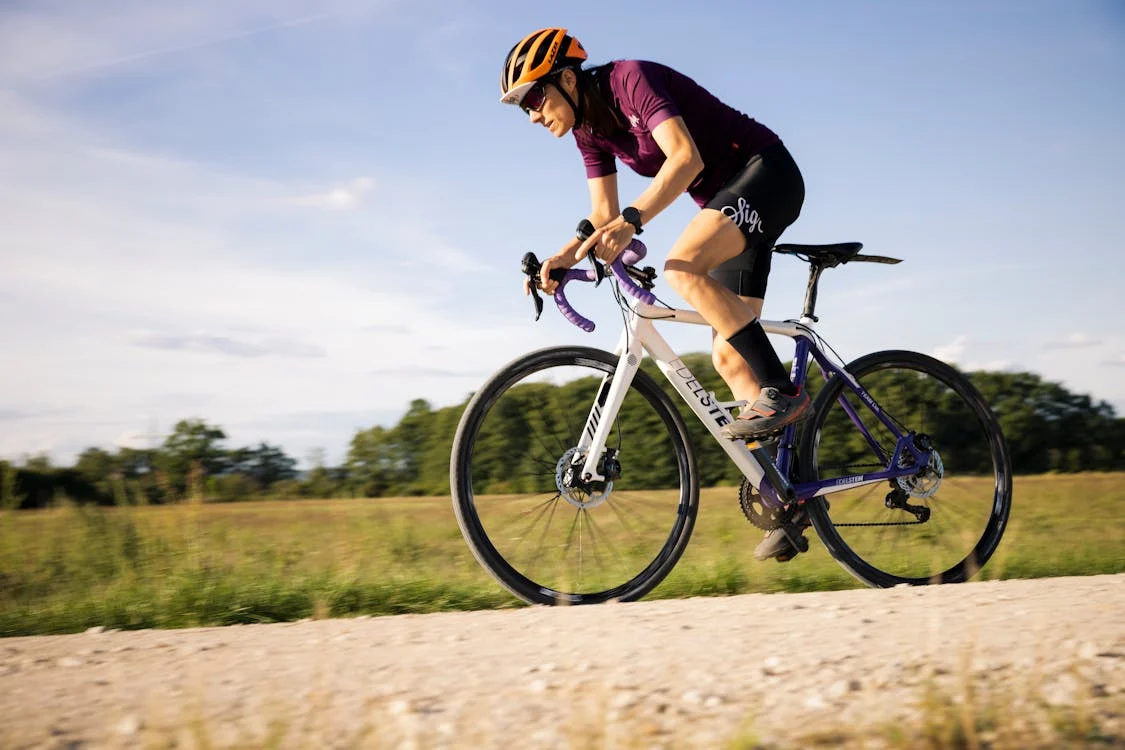Cycling is an excellent way to stay fit, explore the outdoors, and commute efficiently. However, ensuring your safety on the road or trail is crucial. Whether you’re a casual rider or a seasoned cyclist, following these biking tips can prevent accidents and enhance your riding experience.
1. Wear the Right Gear
Your safety starts with proper equipment.
- Helmet: Always wear a well-fitted helmet to reduce the risk of head injuries.
- Reflective Clothing: If riding at night or in low-light conditions, wear bright and reflective gear.
- Gloves & Padding: Protect your hands and joints from impacts and abrasions.
2. Check Your Bike Before Riding
A quick pre-ride check can prevent mechanical failures.
- Brakes: Test both front and rear brakes to ensure they’re responsive.
- Tires: Check for proper inflation and any signs of wear.
- Chain & Gears: Ensure smooth shifting and lubricate as needed.
3. Follow Traffic Rules
Cyclists share the road with vehicles, so follow traffic laws just like drivers do.
- Ride in the same direction as traffic.
- Obey traffic signals and stop signs.
- Use hand signals when turning or stopping.
4. Stay Aware of Your Surroundings
Distractions can be dangerous.
- Avoid using headphones that block outside noise.
- Watch out for potholes, debris, and opening car doors.
- Make eye contact with drivers to ensure they see you before crossing intersections.
5. Use Bike Lights & Reflectors
Visibility is key, especially in low-light conditions.
- Use a front white light and a rear red light when riding at night.
- Attach reflectors to your bike, helmet, and clothing.
6. Ride Defensively
Assume drivers may not see you and be prepared for sudden movements.
- Keep a safe distance from vehicles.
- Avoid riding in blind spots of cars and trucks.
- Be cautious when passing parked cars to avoid dooring accidents.
7. Plan Your Route
Choosing the right route can make your ride safer and more enjoyable.
- Opt for bike lanes or designated cycling paths when possible.
- Avoid high-traffic roads and dangerous intersections.
- Know alternative routes in case of road closures or hazards.
8. Stay Hydrated and Know Your Limits
Long rides can be exhausting, so listen to your body.
- Drink plenty of water, especially in hot weather.
- Take breaks when needed to prevent fatigue.
- If you feel dizzy or weak, stop and rest before continuing.

Hi, this is a comment.
To get started with moderating, editing, and deleting comments, please visit the Comments screen in the dashboard.
Commenter avatars come from Gravatar.